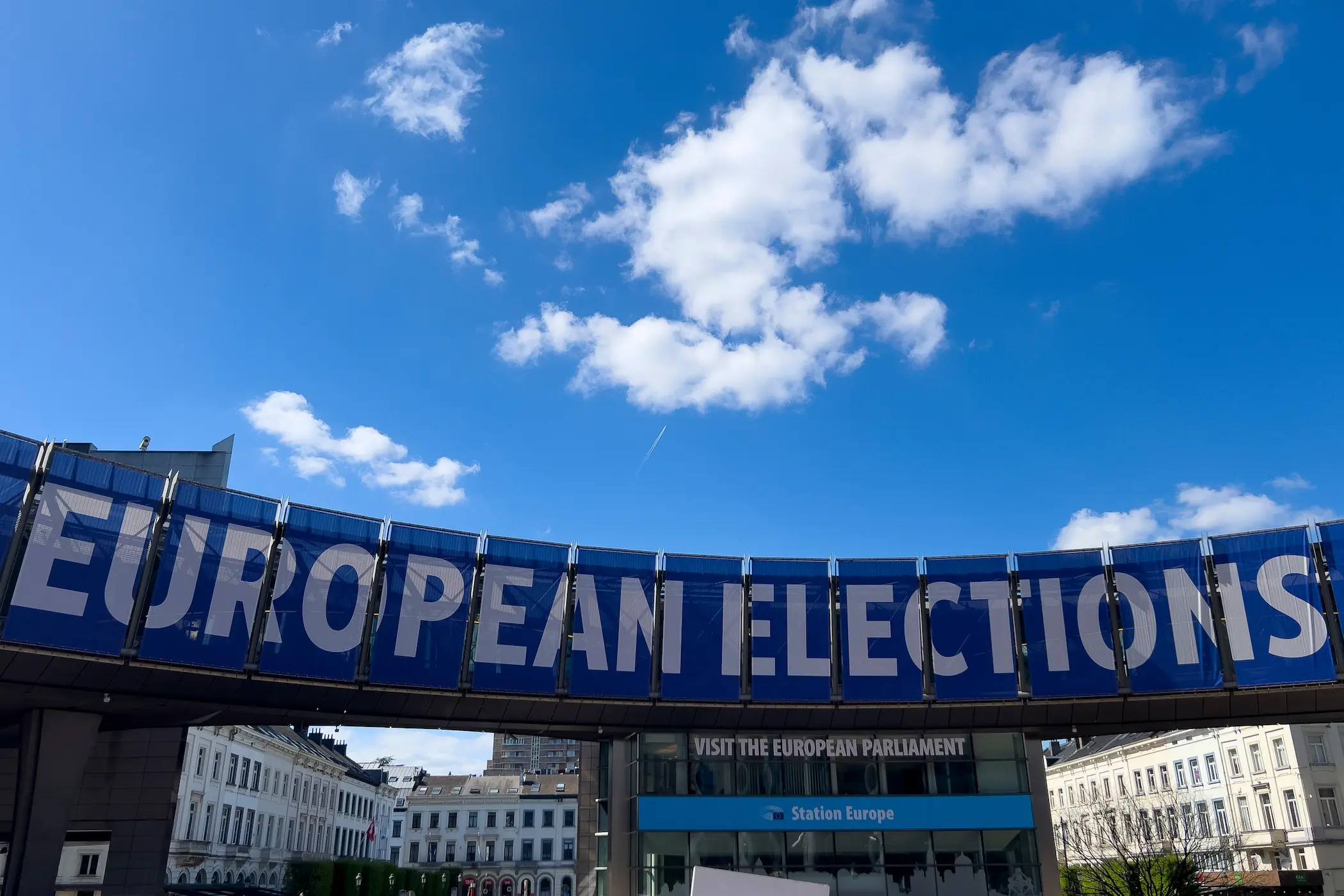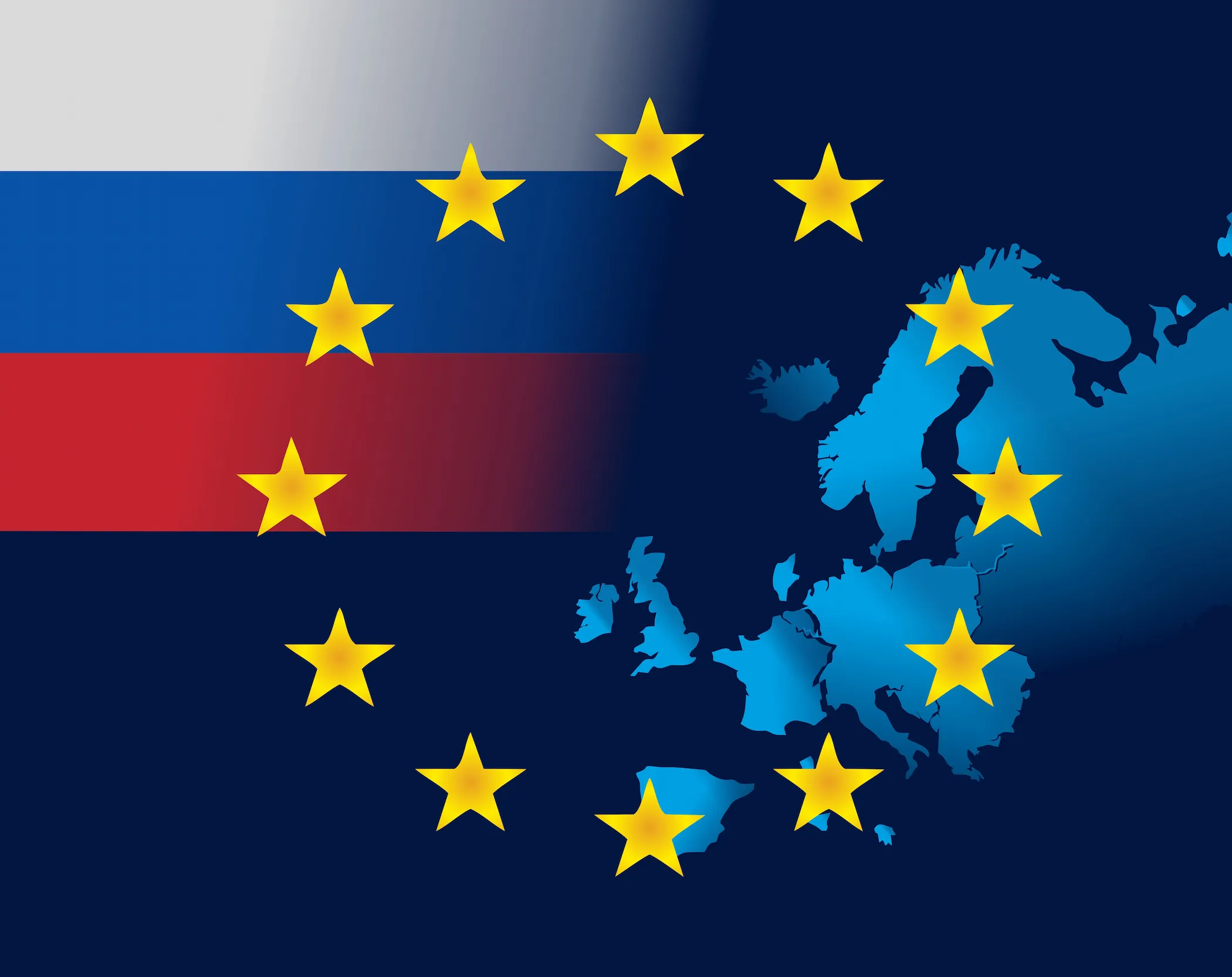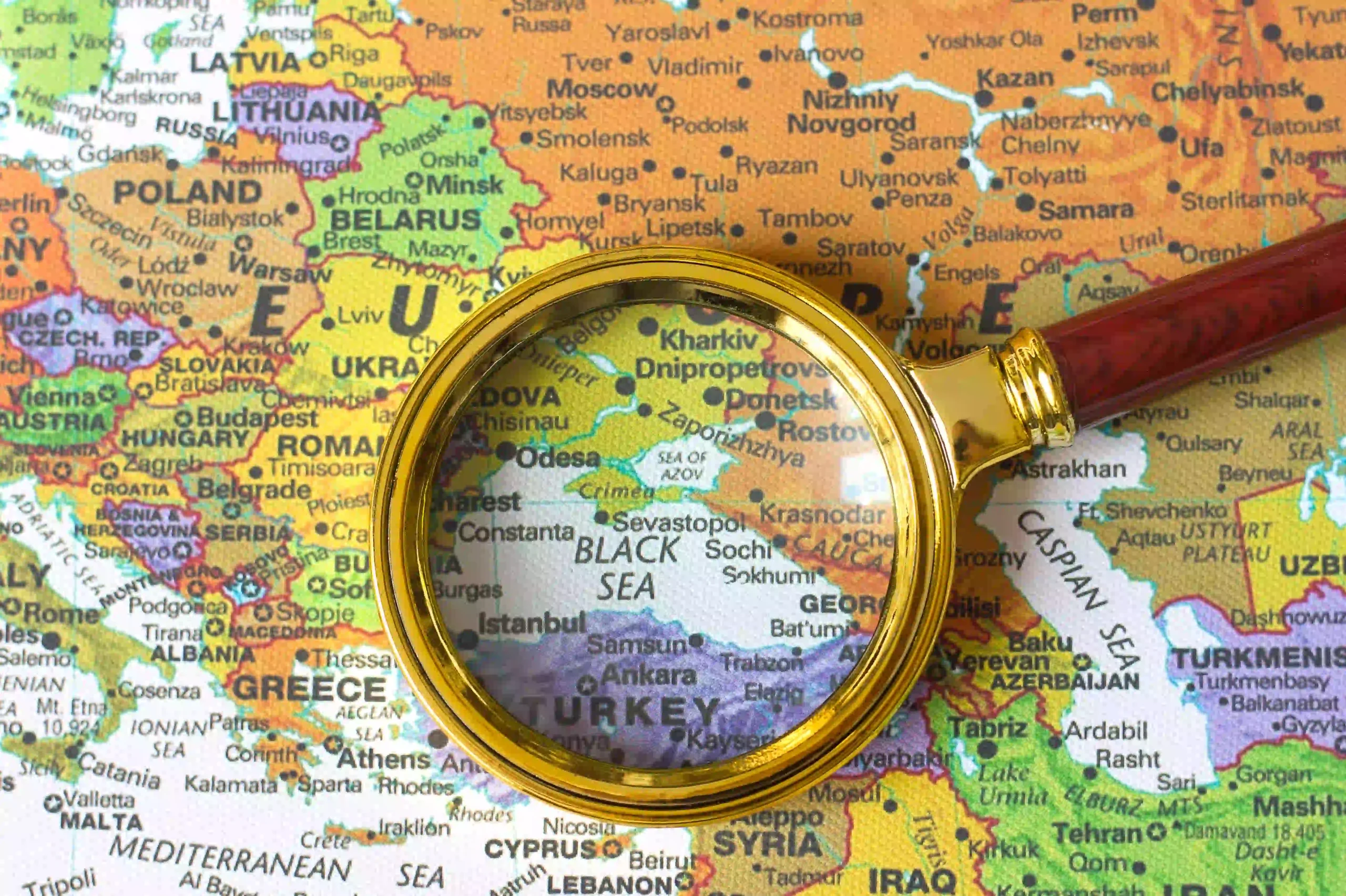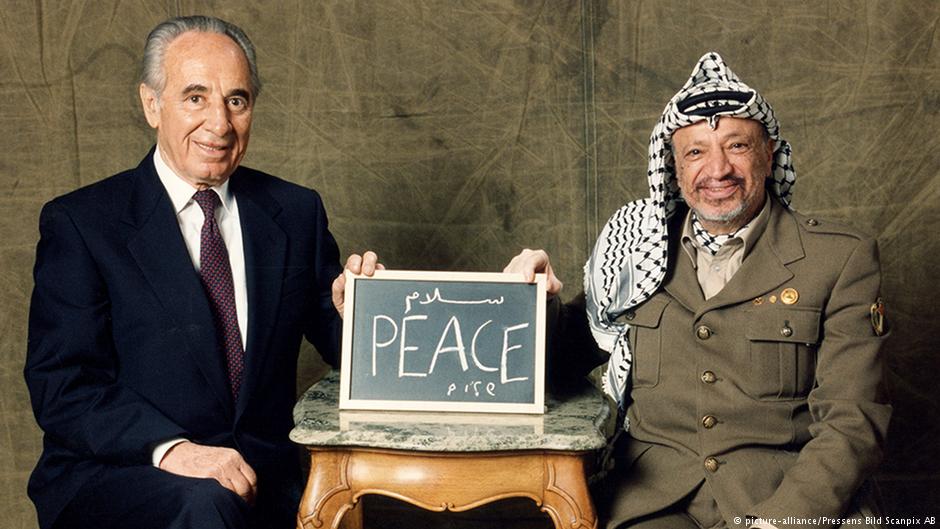Islamophobia is a combination of hatred, fear, and prejudice towards Islam and Muslims. This phenomenon is manifested in violence against Muslims and Islamic symbols, as well as discrimination and antagonism in daily life. Over the last two decades, there has been a sharp rise in anti-Muslim prejudice, leading many nations to take unjustified action against Muslims in response to the security concerns that have been levelled against them. The persistence of prejudice and hatred against Muslims is also a result of widespread misconceptions about Islam. In addition to several incidences targeting Muslims and their symbols, Islamophobia has spread through statements, attitudes, and campaigns that fuel anti-Muslim sentiment. Muslims frequently face discrimination in countries where they are a minority and have trouble accessing products and services, education, and jobs. Islamophobic hate crimes typically rise following particular occurrences, such as terrorist acts, often provoking collective punishment.
On the other hand, there has also been an increase in tolerance recently, with a noticeable expansion of Muslim celebrations and rituals in various European cities. For example, Ramadan was observed in London by a few English clubs and Muslim footballers were given time to break their fast by English Football Association. The German Federal Ministry of Education and Research also issued a letter allowing Muslim instructors in Berlin to wear the veil (hijab). Considering these seemingly minor but significant societal developments, this analysis investigates the repercussions of these changes on the presence of Islamophobia in Europe to determine whether the phenomenon has declined or if these manifestations are still too superficial to affect the depth and roots of the issue.
First: Manifestations of Islamophobia in Europe
The use of the term Islamophobia is a relatively recent phenomenon. Although there are indications of it, there is still debate about the precise definition of what constitutes anti-Muslim behaviour. Islamophobia in Europe may be seen in individual attitudes and behaviours and organisations’ and governments’ policies and practises. The most prominent aspects of Islamophobia take form in the following ways:
Education
Numerous Muslims experience discrimination in the field of education, leading to lower levels of academic achievement and social integration. This fact particularly applies to immigrants and their families from non-European Union countries, such as Denmark, Germany, and France, where immigrants comprise a sizable portion of the population. As a result, these immigrants have lower education completion rates and certifications than the rest of the population. Additionally, some countries lack data on students’ academic achievement from specific ethnic or religious backgrounds, making it difficult to determine the frequency of prejudice or the effectiveness of anti-discrimination policies. However, available studies indicate the existence of gaps that can be attributed partly to discrimination and racism. For example, several Muslims claimed to have experienced discrimination when contacting their children’s schools due to their names or appearance.
Employment
According to a survey conducted by the European Union Agency for Fundamental Rights (EU FRA) among a group of Muslims in several European Union countries, 27% of them believe that they have experienced discrimination when applying for jobs in EU countries, particularly in France (44%), Denmark (41%), and the Netherlands (38%), where there is a significant Muslim population.
These rates indicate a high level of discrimination and deterioration of the rights of Muslims in the labour market. Moreover, 9% of Muslims reported being rejected for some jobs because of their religion or appearance. Also, 10% of the respondents reported experiencing bullying or ridicule from their colleagues at work because of their faith. In addition, 6% of respondents reported being fired from their jobs because of their religion or appearance. The survey reveals that Muslim women experience more hiring discrimination than Muslim men, hindering their ability to contribute meaningfully to society. 13% of female job seekers in the 12 months preceding the survey reported that they experienced unequal treatment in employment.
Housing
19% of Muslims believe they have experienced discrimination when renting an apartment or house during the past two years; this percentage rises to 34% in France, 33% in Belgium, and 25% in Austria. 10% of Muslims also stated that they had been rejected when renting an apartment or a house primarily because of their religion or appearance. These results indicate a clear pattern of direct discrimination against Muslims in housing. 53% of respondents who searched for housing reported they had experienced discrimination because of their first or last name.
Physical or Verbal Attacks
Most European countries do not record Islamophobic incidents as a separate category of hate crime. In light of this, the Islamophobia Report 2018 revealed that just 4.4% of Muslims in the European Union reported having been the victims of physical attacks or threats of violence in 2017 due to their religion or appearance. According to this proportion, there are about 519,000 Muslims exposed to physical violence in the European Union, with 7.8% of them living in the United Kingdom, 7.4% in France, and 7.4% in Greece. During the same period, 2.4% of Muslims reported experiencing absolute physical threats, which suggests that in 2017, almost 291,000 Muslims experienced violence-related threats. This indicates that 810,000 Muslims in the European Union were subjected to acts of violence or physical threats during the same period.
Additionally, 5.2% of Muslims reported having experienced harassment or verbal abuse due to their religion or appearance, indicating that there were almost 619,000 incidents of verbal harassment directed at Muslims in 2017. Nearly 1.5 million Muslims were subject to violence or harassment in the European Union in 2017.
Appearance-Based Discrimination
Women make up the majority of victims of anti-Muslim hatred in Europe, especially when they wear the veil (hijab). Reports indicate that 70% of the victims of Islamophobia in France are women. Muslim women who wear the hijab or the minority who wear the niqab in public places are more vulnerable to harassment fuelled by bias than Muslim women who do not wear the hijab. Furthermore, 39% of Muslim women who wear the hijab or niqab in public reported that they experienced hostile glances or offensive hand gestures because they wore this religious symbol in the 12 months preceding the survey.
Discrimination in the workplace is also frequently connected to Islamic beliefs, specifically the attire worn by Muslim women. For Muslim women, the hijab is an additional obstacle to finding and retaining a job. In Germany, for example, only 3% of companies invited Muslim women with headscarves in the CV photo to job interviews. Furthermore, In Belgium, 44% of employers agree that wearing a veil can negatively affect the selection of candidates.
Ethnic and Religious Profiling and Police Abuse
An EU survey conducted by AFP found that of all Muslims surveyed, 16% had been stopped by the police in the year preceding the survey, and 7% of respondents said this was due to their immigrant or ethnic background. Furthermore, 42% of the Muslim participants who had been stopped by the police during that period stated it was because of their immigrant or ethnic minority origin. Then in 2020, say there was a noticeable decrease in the stigma associated with the veil due to the global campaign encouraging the use of face masks to prevent the spread of COVID-19. However, in 2021, the stigma was on the rise once more, and countries like France, Switzerland, and Austria started implementing policies banning headscarves for government officials and in universities and schools. In addition, the number of hijab-related incidents tripled in countries such as the United Kingdom. More steps in implementing anti-hijab policies also appeared in many countries such as Belgium, Norway, the Netherlands, Germany, Spain, Italy, Switzerland, Denmark, Austria, Bulgaria, Latvia and Kosovo.
Recent reports also indicate that Muslims in Europe experienced greater marginalisation in 2021, particularly Muslim women, who have been subject to innumerable regulations restricting their ability to wear specific clothing and isolating them from society. In France in 2022, Islamophobia has resurfaced in the government’s institutionalisation of racism against Muslims through renewed calls to outlaw the hijab in French society. As in past years, authorities continued targeting French Muslim civil society.
Increased hostile rhetoric on social media
During the COVID-19 pandemic, anti-Muslim groups took the opportunity to fuel hatred against Muslims. Social media platforms were flooded with claims that Muslims violated the lockdown restrictions by going to mosques for prayers, resulting in several Muslims being attacked. Misleading stories blaming Muslims for spreading the pandemic were widely shared on social media, portraying Muslims as a threat to their nations. Since the pandemic, violent attacks against Muslims have multiplied in European countries. Some leaders and prominent figures have also used the COVID-19 crisis as a tool to promote their agenda against Muslims.
Second: Islamophobia and Terrorism in Europe
The discourse on Muslims frequently links them to terrorism and extremism or depicts the existence of Muslim communities as a threat to national identity. Additionally, Muslims are depicted as a homogenous group incompatible with democracy and human rights. The Office for Democratic Institutions and Human Rights (ODIHR) reports indicate a rise in anti-Muslim hate crimes following terrorist attacks or on the anniversary of their occurrence. According to the reports submitted, these crimes include attacks on mosques and women wearing headscarves. For example, the Organisation for Security and Co-operation in Europe recorded 566 hate crimes against Muslims in 2018. Many European politicians and intellectuals argue that terrorism on the continent is the main cause of Islamophobia. Although the two phenomena have distinct roots, they are intertwined in their threat, i.e., linking Islam to terrorism, whether at the level of endangering human security in all of its manifestations, the national security of European nations, or the sociological identity of European societies. The more terrorist attacks in Europe, the more Islamophobia grows.
According to the Global Terrorism Index, Europe witnessed a significant decline in terrorism rates between 2015 and 2022, especially in countries that had experienced terrorist attacks during the peak of such attacks in 2015, such as France and the United Kingdom. The number of terrorist incidents in Europe also decreased noticeably between 2017 and 2022, as shown in the chart below, which illustrates the decrease in the number of incidents in the United Kingdom from 64 incidents in 2017 to 4 incidents in 2022. Similarly, in France, the number of terrorist incidents decreased significantly from 41 incidents in 2017 to 9 in 2022.
In Germany, the number of terrorist incidents reached 47 in 2018, declining to 5 in 2022. The number of fatalities and injuries from terrorist attacks decreased considerably in 2018, as indicated in the figure below. The number of terrorist attack casualties in Germany, France, Belgium, and the United Kingdom significantly decreased due to the decline in terrorist attacks from 205 assaults in 2017 to 129 assaults in 2018, as well as the failure of 24 attacks.
As illustrated by the figure below, the decrease in the rates of terrorism and the number of terrorist attacks coincided with a decline in the number of casualties due to terrorist attacks.
It is controversial that, despite the decline in all indicators related to terrorism in Europe, there was no corresponding decline in Islamophobia. In fact, 2018-2020 witnessed a resurgence of Islamophobia as the popularity of right-wing parties and movements expanded and evolved into a global wave of extreme populism. It is also evident that over the past few years, Islamophobia has been primarily driven by an increase in right-wing rhetoric. As a result, it is necessary to thoroughly examine the threat of the growing expansion of the far-right movement’s influence in various European countries and its relationship to Islamophobia. Terrorism and extremism in Europe must be seen as closely linked to the ethnic and separatist movements in the European Union, which have recently become increasingly dangerous. This is evidenced by the massive increase in the arrests of far-right affiliates in Europe from 2017-2018, from 20 arrests in 2017 to 44 arrests in 2018 due to these threats.
Third: Danger of Extreme Right Rise in Europe
A recent report by the UN Special Rapporteur on freedom of religion or belief indicated that suspicion, discrimination, and explicit hatred towards Muslims had risen to “epidemic proportions”. Islamophobia continues to be a growing trend in 2021, particularly in the United Kingdom and France. With the predominance of anti-Muslim campaigns launched by far-right parties in European Union member states to discriminate against Muslims and Muslim communities, waves of hatred and Islamophobia have grown. These campaigns were launched by several parties such as Fidesz (Hungary), Law and Justice (Poland), Vox (Spain), UKIP (United Kingdom), Party for Freedom “PVV” (Netherlands), ANO Party (Czech Republic), National Rally (France), Five Star Movement and Lega Nord (Italy), Alternative for Germany (Germany), Freedom Party of Austria – FPO (Austria), and Swedish Social Democratic Party (Sweden).
In its twelfth report on Islamophobia, the Organisation of Islamic Cooperation emphasised the ties between far-right movements that facilitate the propagation of hate ideologies. The report focuses in particular on the links to the rise of parties in Europe in the recent elections, pointing to several parties such as the United Kingdom Independence Party, Marin Le French National Rally led by Pen, the Dutch Party for Freedom led by Geert Wilders, the Italian Lega party (the League), the Alternative for Germany, and the Fidesz (Hungary). These parties share a similar anti-EU, anti-Muslim, and anti-immigration ideology. The phrases “Culture War” and “Islamic hegemony” have been used by these parties to frame Muslim presence as a threat to Europe. These parties also advocate for policies that harm European Muslims, such as outlawing the hijab and niqab and preventing Muslim communities from constructing mosques and Islamic schools. Such attitudes have also been institutionalised in schools and workplaces, as well as policies and legislation. Some argue that these attitudes are diametrically opposed to Europe’s stated intention of promoting peace and human rights since the formation of the European Union. These attitudes also generate anxieties about the target group in public areas in society, which right-wing groups exploit. The acceptance of such views by right-wing populist parties and leaders in Europe opened the door for those who had previously kept their racial biases and attitudes hidden to publicly voice their hatred and fear of Muslims arriving and residing in Europe.
Conclusion
2022 witnessed success in globally recognising Islamophobia as an existing and widespread problem. In addition, the United Nations General Assembly adopted a resolution by consensus that proclaimed March 15 as ‘International Day to Combat Islamophobia’, which can be considered an essential step in the legal and political recognition of this phenomenon. Nonetheless, Islamophobia remains one of the most challenging issues on the global level, both now and in the near future. Islamophobia has increased throughout the previous five years, particularly in the last fourteen months (December 2020 to January 2022), showing that this general tendency is growing.
Despite sporadic appearances of Muslim festivities in France and the United Kingdom, both countries still exhibit a significant amount of Islamophobia that has been primarily institutionalised through government policies. According to the OIC Islamophobia Observatory, the main issue has gone beyond the migration and refugee crises that have dominated European political dynamics for the past five years. Instead, recent trends demonstrate that public opinion and government policy have been dominated by hatred directed against Islamic identity, bordering on a “Clash of Civilizations” defined by Samuel Huntington. This indicates the existence of a “clash of civilisations” that eventually turned into Islamophobia. Furthermore, the issue of Islamophobia is closely linked to other issues such as politics, human rights, minorities, culture, identity, humanitarian work, terrorism, extremism, etc.
Racism against Muslims also dominated the phenomenon of Islamophobia, followed by far-right campaigns and government policies. However, it has been observed that the number of incidents caused by the far-right, which had dominated during the past few years, now shows a declining pattern. Still, its influence has been multiplied this time by government policies and political pressures. Therefore, it can be argued that the extreme right-wing ideology has gained a substantial amount of influence on European administrations and governments, considering the outcomes of the most recent elections in these countries. This is also considered the persistence, albeit at a lower rate, of incidents such as the burning of mosques, provocative statements on social media, postal threats, burning and desecration of copies of the Holy Quran, and physical and verbal attacks.
References
What is islamophobia? Open Society Foundations. (2019, May). Retrieved March 27, 2023, from https://www.opensocietyfoundations.org/explainers/islamophobia-europe
Highlights of EUMC Report, ‘Muslims in the European Union: Discrimination and Islamophobia’.Retrieved April 1, 2023, from https://fra.europa.eu/sites/default/files/fra_uploads/1936-EUMC-highlights-EN.pdf
European Union Agency for Fundamental Rights (EU FRA), Second European Union Minorities and Discrimination Survey Muslims – Selected findings, Publications Office of the European Union, (2017) 19.
Ibid 9.
Ibid 11.
European Union Agency for Fundamental Rights (EU FRA), Second European Union Minorities and Discrimination Survey Muslims – Selected findings, Publications Office of the European Union, (2017) 11.
Highlights of EUMC Report, ‘Muslims in the European Union: Discrimination and Islamophobia’, https://fra.europa.eu/sites/default/files/fra_uploads/1936-EUMC-highlights-EN.pdf
Enes Bayrakli, Farid Hafez (Eds)(2019), European Islamophobia Report 2018. SETA 11. Retrieved April 3, 2023, from https://www.islamophobiareport.com/EIR_2018.pdf
Ibid 12.
European Union Agency for Fundamental Rights (EU FRA), Second European Union Minorities and Discrimination Survey Muslims – Selected findings, Publications Office of the European Union, (2017).
Ibid.
European Network Against Racisim, ‘Forgotten women: the impact of Islamophobia on Muslim women’ (2016).
European Union Agency for Fundamental Rights (EU FRA), Second European Union Minorities and Discrimination Survey Muslims – Selected findings, Publications Office of the European Union,
Bridge Initiative Team. (2022, January 10). 2021 islamophobia in Review: Europe. Bridge Initiative. Retrieved April 2, 2023, from https://bridge.georgetown.edu/research/2021-islamophobia-in-review-europe/
Tazamal, M. (2022, December 22). 2022 islamophobia in Review: Europe. Bridge Initiative. Retrieved April 2, 2023, from https://bridge.georgetown.edu/research/2022-islamophobia-in-review-europe/
“Fourteenth OIC Report on Islamophobia – December 2020 – January 2022”, Organization of Islamic Cooperation. Retrieved April 3, 2023, from https://www.oic oci.org/upload/islamophobia/2022/14th_Annual_Report_on_Islamophobia_March_2022_r2.pdf.
[1] قرابسي نسرين. (2021). تأثير الإسلاموفوبيا والإرهاب على الأمن الأوروبي. أطروحة دكتوراه في العلوم السياسية، كلية الحقوق والعلوم السياسية، جامعة باتنة 1- الحاج لخضر، الجزائر.
تقرير المقرر الخاص المعني بحرية الدين أو المعتقد. (2021, October 5) تم الاطلاع بتاريخ 1 ابريل2023، متاح على الرابط التالي: https://www.ohchr.org/ar/special-procedures/sr-religion-or-belief















Comments